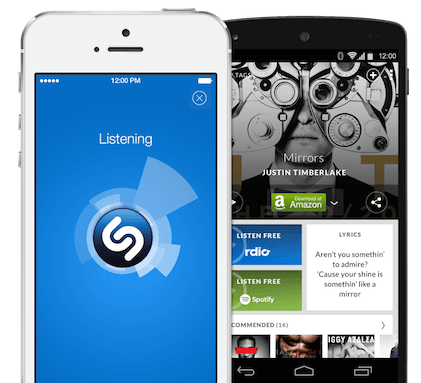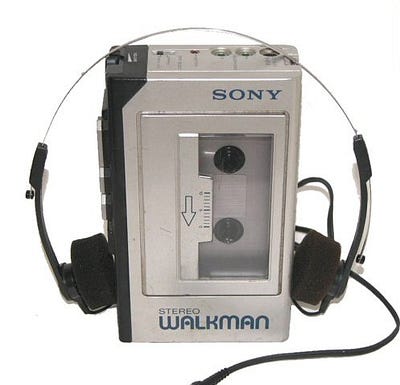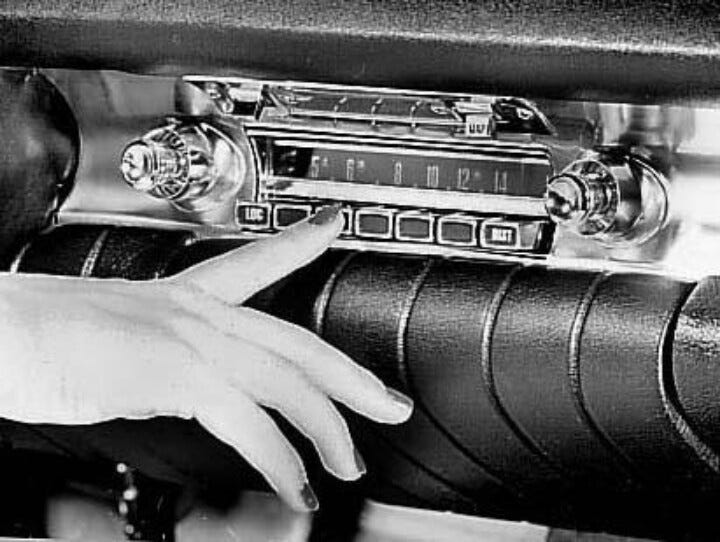
You’ve probably used or heard of Shazam (or any of its competitors) by now. Shazam was one of the first apps that I downloaded on my phone that made me feel like I had magic powers. It’s terrifically simple, highly intelligent and extremely satisfying all the same.
“What’s that song?!”
The app is devilishly easy. All you do is whip out the phone, tap Shazam’s app and in less than 3 seconds — BOOM! You realize that you were just singing along to Taylor Swift. A couple of days ago, I was waiting at a red light when a song started playing on the radio. I Shazamed it and before the light turned green, I had it.
The fruits of my law-breaking below:
While I am forever grateful for this piece of software that has helped me find over 250 songs, I do have to say that I sometimes feel bad when the phone vibrates and the album art is staring me down from the screen.
Discovering music is a joy. There’s nothing more satisfying than clumsily spitting out the lyrics to a song you don’t know, then finally learning the name to heart it for yourself at home.
In the past, when an awesome song came on the radio, you were left hoping the radio host would come back and say what it was or you’d ask someone around you if they knew it. If that failed, you may have had to try singing some lyrics out to a friend — failing at getting them all right and earning yourselves some laughs in the process. Maybe you even attempted to hum a tone-deaf rendition that may have led you to discover another song entirely as the poor bastard who had to endure this “music” starts incorrectly guessing what it is you’re trying to convey.
“When I grow up, I wanna be famous. I wanna be a star, I wanna have boobies.”
‘When I grow up’ by the Pussy Cat Dolls → as sung by MyselfMany things could have come out of not knowing what that song was, the best of which is the royal and honest joy of delayed gratification. As soon we add technology into the picture, we find ourselves with a single possible outcome, the effects of which wear off in seconds.

In an attempt to simplify everything around us, I’m worried that we’re going to strip valuable experiences away from the incoming generations. If you’re reading this and you’re a 90’s baby or older, then you’ve already experienced making up random words for Mambo Number 5, putting cassettes in a ridiculously sized walkman and rewinding and fast-forwarding furiously to get your favourite song at its start, holding the phone by a boombox speaker to woo your crush with a love song or simply thinking for three minutes to remember a songs’s name rather than getting about 39,200,000 results in 0.44 seconds.
Don’t get me wrong, as a massive music buff I love all this access to information, but it’s framed and reinforced by experiences from when it didn’t exist. I know it wasn’t always this way so in some ways, it’s still not a default setting in my mind. It will be for the future however, and I don’t necessarily know how this will affect the way those generations will perceive the world.
Technology is fascinating and I am as equally amazed by Shazam today as I was when I first downloaded it a few years ago. In many ways that’s thanks to me being around back when it never existed and I know that nothing can ever replace the feeling of going over to a friend’s house just to listen to the latest cassette by the Backstreet Boys.
